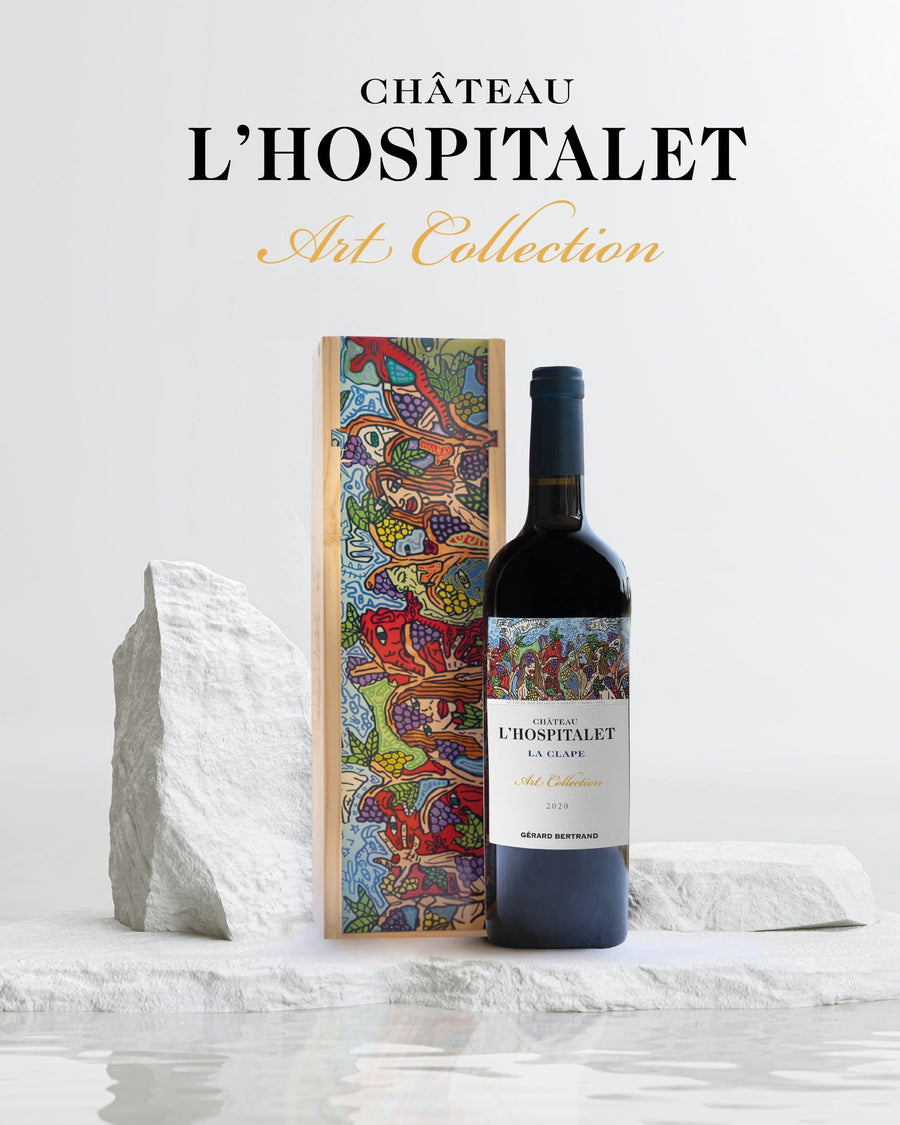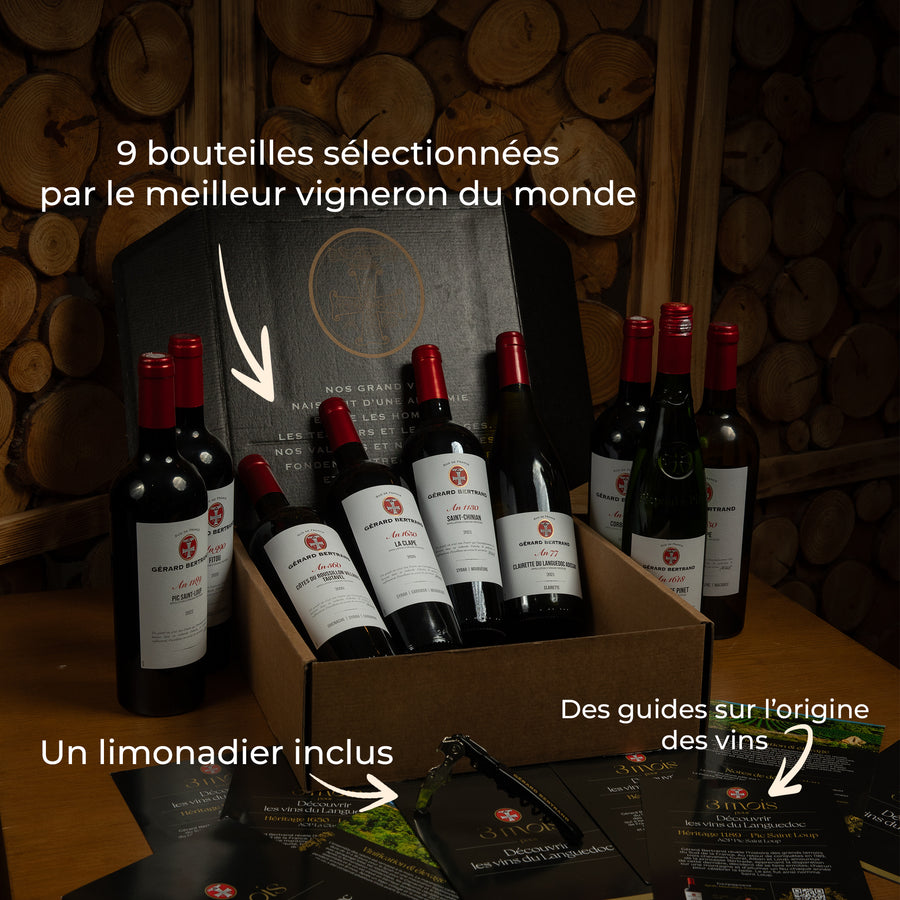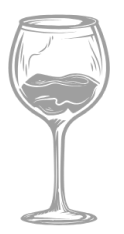Boisson phare de l'été et des vacances, le vin rosé est aujourd’hui en plein essor. Ce vin fin et délicat aux arômes de fruits et aux senteurs florales, s'accompagne avec toutes sortes de mets. Cet alcool léger est notamment très apprécié en apéritif, grâce à son acidité naturelle et sa fraîcheur.
Gérard Bertrand, vigneron et entrepreneur de talent, a très tôt compris l’importance de produire un vin rosé de grande qualité. Ses vins, équilibrés et minéraux, tout en nuances, sont un véritable succès. De plus, son attachement profond à la nature l’a rapidement dirigé vers la conception de vins biologiques et biodynamiques, beaucoup plus respectueux de l'environnement par rapport aux vins traditionnels.
Les vins bio rosés des domaines Gérard Bertrand ont ainsi reçu un savoir-faire particulier dans la conception de vins premium : de la culture douce de la vigne (viticulture biologique et biodynamique) à la transformation du jus de raisin en vin (vinification).
En savoir plus sur notre collection de vins bios rosés.
Rentrons plus dans les détails en répondant à quelques questions couramment posées :







